Alzheimer's Disease Diagnostics Innovation and Translation to Clinical Practice in Central Europe
ADDIT-CE stands for Alzheimer's Disease Diagnostics Innovation and Translation to Clinical Practice in Central Europe and received nearly 5 million EUR support from the EU over four years. This unique project is connecting research teams from CEITEC MU, Faculty of Science MU, Medical Faculty MU, FNUSA, the Biomedical Centre SAS and Institute of Neuroimmunology SAS and biotechnology companies BioVendor, Multiplex DX a Geneton. This partnership is expected to strengthen research and innovation in the field of AD diagnostics and introduce novel technologies into AD clinical management. Moreover, the ADDIT-CE project will help to design a national plan for combatting dementia in the region.
Main objective:
Connecting two existing R&I ecosystems in Brno and Bratislava regions to modernise AD diagnostics approaches and transfer them into clinical practice.
 Creating an excellent knowledge base enabling the development of new AD-diagnostic tools.
Creating an excellent knowledge base enabling the development of new AD-diagnostic tools.
 Stimulating interaction between academic and private sector developing AD-diagnostic assays.
Stimulating interaction between academic and private sector developing AD-diagnostic assays.
 Developing common plans for R&I development and infrastructure investments.
Developing common plans for R&I development and infrastructure investments.
The joined ecosystems will unite R&I activities focusing on new diagnostic methods and their applications and further interlink academia and business spheres by creating a pilot industrial PhD programme. ADDIT-CE will generate a joint cross-border strategy covering basic and applied research activities aiming on accelerating the development of new tools for preclinical AD diagnostics and lifestyle/pharmacological intervention monitoring. New cutting-edge technologies will be transferred into clinical practise. Results of ADDIT-CE will be used to develop the Slovak National Plan to Combat Dementia, to enrich the Czech National Plan for AD, and will be widely disseminated to end users and society. ADDIT-CE will join forces of the involved ecosystems to revolutionise diagnostic approaches in both countries.
Target groups:
- patients, their families, and professional caregivers: improved diagnostic accuracy better quality of life
- clinicians: application of modern diagnostic tools into the clinical practice for earlier diagnosis and better monitoring
- scientists: motivation to participate in applied research projects with direct innovation potential
- biotech companies: new business opportunities, new highly trained employees and improved collaboration with academia
- talented students: participation in cutting edge research , training in biotech companies kickstart of their entrepreneurial career paths
Project impact:
- scientific: new diagnostic assays for AD diagnostics - applied research collaboration
- economic: improved diagnostic accuracy reduces cost of treatment by up to 58 %
- technological: spread of new technology in clinical practice
- societal: raising awareness about early diagnostics and non-pharmacological interventions

Funded by the European UUnion’s Horizon Europe program under the grant agreement No. 101087124 – ADDIT-CE. Views and opinions expressed are however those of the author(s) only and do not necessarily reflect those of the European Union. Neither the European Union nor the granting authority can be held responsible for them.


